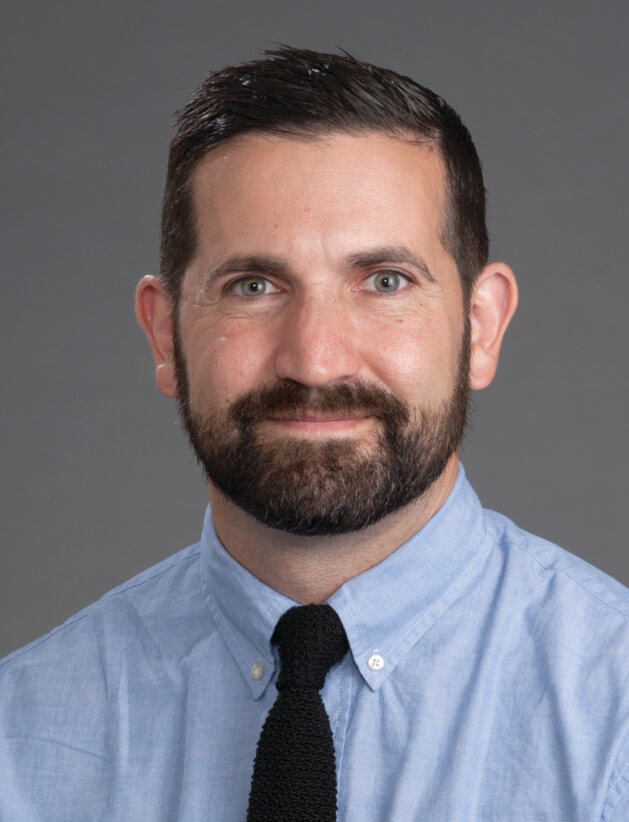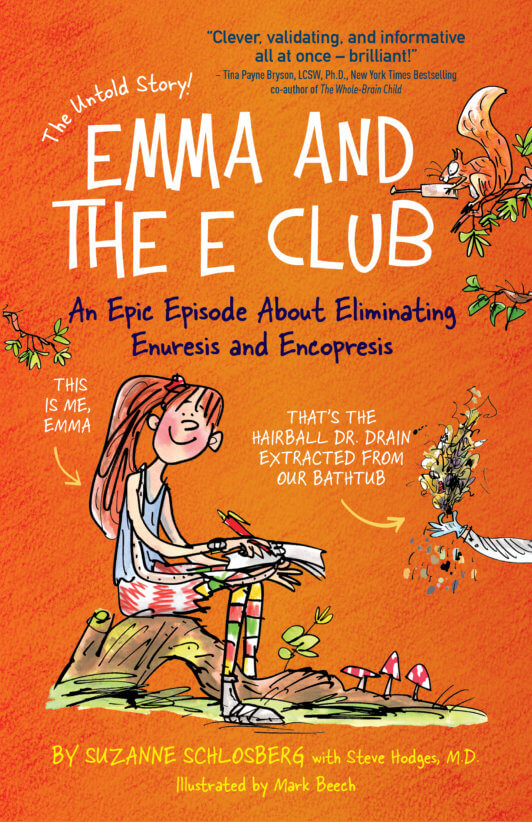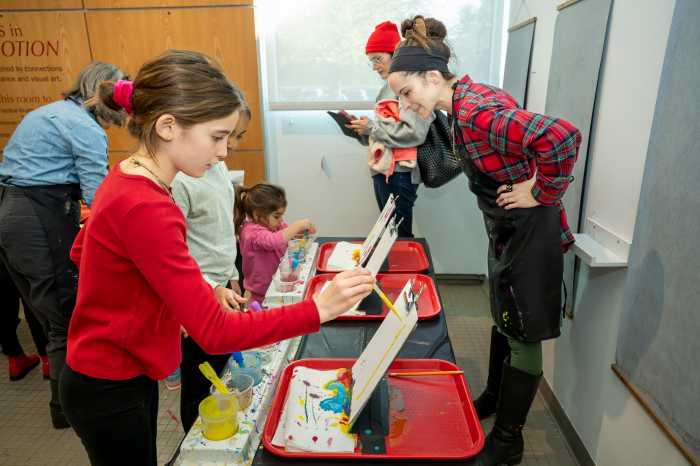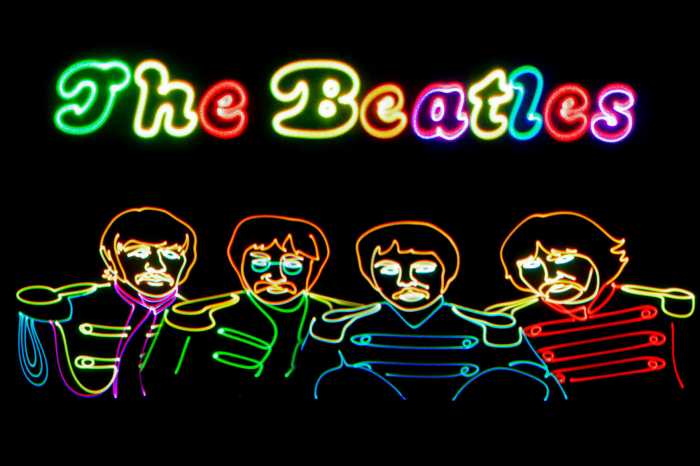Interview with Dr. Steve Hodges on Bedwetting and Accidents in Children
There is much that is unknown about children’s bedwetting and accidents. It is often believed that this stops at a certain age, but for many children these accidents can go on until later years. Enter “Emma and the E Club,” a new book by Suzanne Schlosberg and Pediatric Urologist, Steve Hodges, M.D. This is the first, only book for older kids (ages 8-12) who struggle with enuresis (bedwetting or daytime pee accidents) or encopresis (poop accidents). The book tackles these challenging topics with compassion, humor, and medical accuracy, providing comfort and hope for kids dealing with conditions that are commonly misunderstood, never a child’s fault, and treatable.
To learn more about the book and these conditions, we spoke with Dr. Steve Hodges who shared some insightful tips and solutions for both parents and their children who are experiencing bedwetting and accidents.

Westchester Family: What are some of the common causes of bedwetting/accidents?
Dr. Steve Hodges: There’s actually only one common cause of bedwetting and daytime pee accidents: enuresis (chronic constipation). When kids delay pooping, as they often do, stool piles up in the rectum, an organ not designed as a storage facility, and the rectum becomes enlarged. The stretched rectum, in turn, presses against the bladder (the bladder and rectum sit right next to each other) and aggravates the bladder nerves. The aggravated bladder contracts and empties without warning. It’s like a hiccup or a sneeze — something that comes on quickly and that the child can’t control.
A clogged and stretched rectum is easily confirmed by x-ray. A normal rectum measures no more than 3 cm in diameter. Most of my enuresis patients have rectums measuring 6 cm or larger. But in most cases, this large rectal mass went undiagnosed because the signs of chronic constipation are not well known.
Most people think constipation means “infrequent pooping.” But pooping frequency is a misleading gauge. Plenty of constipated kids poop every day, even twice a day. The problem is that they are not fully evacuating with each bowel movement, so poop is piling up. Some poop may wend its way around the hard mass, fooling parents into thinking their child isn’t constipated.
In fact, pooping multiple times a day is one of the 12 Signs a Child is Constipated. Other signs include extra-large poops, hard/formed poops (rabbit pellets, logs), stomachache, underwear skid marks and, of course, accidents.
It is false that “deep sleep,” an “underdeveloped bladder,” hormonal issues, or stress/anxiety cause bedwetting or daytime accidents.
Poop accidents (encopresis), by the way, have the exact same cause as pee accidents. The stretched rectum loses its tone and sensation, so the child can’t even feel the urge to poop and doesn’t have the oomph to fully evacuate. Poop just drops out of the child’s bottom, without the child even noticing.
Westchester Family: What are some ways parents can help a child who is experiencing these issues?
Dr. Steve Hodges: The way to make accidents stop is to get the rectum cleaned out and to keep it clear so that it can shrink back to normal size, regain sensation and tone, and stop aggravating the bladder nerves. This isn’t a quick fix; it’s a process. Even when the rectum has been successfully emptied, it needs to remain clear for about three months in order to heal. Also, the child needs to overcome the habit of delaying pooping, a habit that is deeply ingrained in many children.
Chronic constipation needs to be recognized and treated aggressively. Remedies such as fiber, prune juice, and probiotics won’t make a dent. In general, once a child is constipated to the point of having accidents, dietary changes won’t fix the accidents. No amount of broccoli will dislodge a hard mass of stool in the rectum. The most effective treatment is a regimen that combines enemas and oral laxatives. Enemas stimulate a complete evacuation of the rectum, and laxatives soften stool, so pooping doesn’t hurt.
I recommend the Modified O’Regan Protocol, a regimen based on the published research of Sean O’Regan, M.D., a pediatric kidney specialist who pioneered the use of enemas to resolve enuresis and encopresis in the 1980s. While many doctors push Miralax, my research has found that an enema-based regimen is far more effective. In addition to taking constipation treatment seriously, parents must convey to their children that accidents are never their fault. That is the main message of Bedwetting and Accidents Aren’t Your Fault, aimed at ages 4 to 10. Emma and the E Club, for kids 8 to 12, sends that message in a more sophisticated way, and M.O.P. for Teens and Tweens explains it to middle-school and high-school students.
Westchester Family: When do you think it’s time to seek advice/help from a doctor?
Dr. Steve Hodges: Any toilet-trained child who has pee or poop accidents should be treated, and bedwetting should be treated starting at age 4. Accidents may be common, but they are not normal. Left untreated, chronic constipation often worsens and can linger for years on end. I have a large caseload of teenage enuresis and encopresis patients. These kids were told year after year, “Don’t worry, you’ll outgrow it.” But they never did. The longer you wait, the harder these issues are to treat.
Westchester Family: You mention that rewards do more harm than good. Why is that?
Dr. Steve Hodges: Rewarding a child for dry days or nights implies that children can control their accidents and only amplifies feelings of failure when they are wet.

Westchester Family: Tell us more about your new book, “Emma and the E Club”?
Dr. Steve Hodges: Emma and the E Club is the world’s first, only, and funniest middle-grade novel for kids who struggle with enuresis (bedwetting or daytime pee accidents) or encopresis (poop accidents). Tackling a challenging topic with compassion, humor, and medical accuracy, I co-authored the book with Suzanne Schlosberg to provide comfort and hope for kids dealing with conditions that are 1.) misunderstood, 2.) never a child’s fault and 3.) entirely treatable.
Emma Easly is an extrovert and a word enthusiast — she’s collected 1,038 E words, to be exact. Emma also happens to have enuresis and encopresis. For years, Emma’s accidents were an enigma—a.k.a. a mystery. But one epic day, the eccentric Dr. Pooper enlightens her. Suddenly, everything makes sense: her bedwetting, her stomachaches, her entire life. When Emma discovers Charlotte has enuresis, too, together they establish the E Club. They even entice Lucas to join, no easy endeavor. The club’s mission is to eradicate— a.k.a. wipe out—enuresis and encopresis, so no kid ever has to wear pull-ups to a sleepover. But how? Emma has a plan.
This blog post explains what inspired the book.
Westchester Family: Anything else to add?
Dr. Steve Hodges: It is critical for parents to understand that bedwetting and accidents are not behavioral or psychological conditions. Certainly, children who have accidents feel stressed and anxious and may behave in ways that baffle and frustrate parents. But these feelings and behaviors are caused by the accidents, not the other way around. When children are given proper treatment, accidents resolve, and so does the stress, anxiety, and “behavior.”
More Information about “Emma and The E Club”
Emma and the E Club: An Epic Episode About Eliminating Enuresis and Encopresis, is now available on Amazon in hardcover, paperback, and Kindle versions. You can download Chapter 1 for free on their website and order the pdf of the book there, too.

















